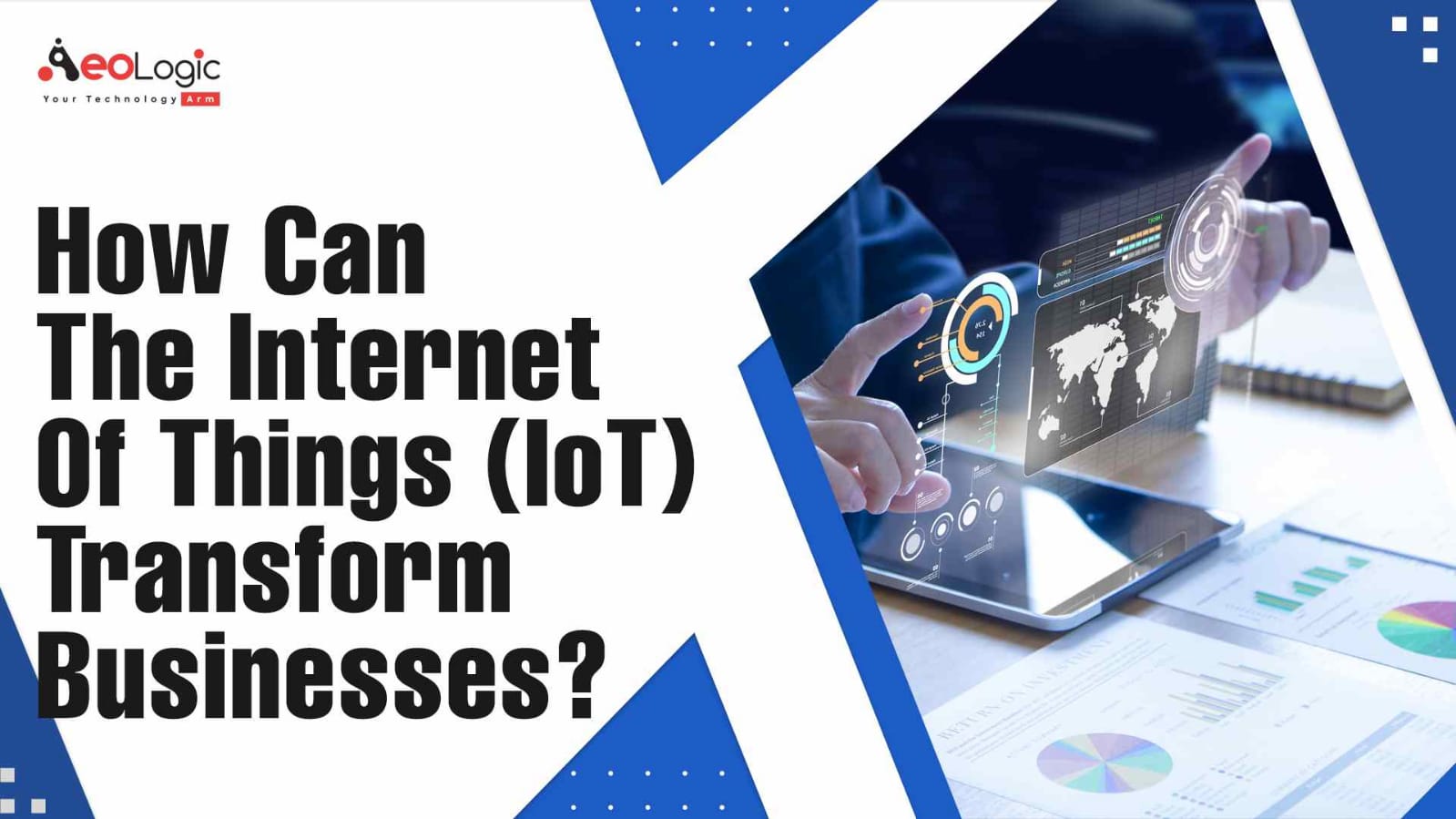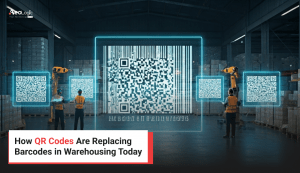Almost every facet of our lives now produces data. Smartwatches track each step we take. Also, senses each beat of our heart. The smartphones in our pockets detect our location at any point in time and our hobbies. As well as where we are going on holiday. And what we are considering buying. For the most part, these insights benefit the customer and the product maker. Ultimately, we are all evolving into an Internet of Things (IoT) world. The Internet of Things transforms businesses in exceptional ways. Furthermore, it benefits everyone – aiding our day-to-day lives. In addition, keeping us connected to the things and people that are important to us.
The usage of such technology in the business realm is no different. IoT devices transfer and record data to monitor important progressions. Hence, gives us new insights, boosts efficiency and allows companies to make more informed decisions.
They tell organizations what is happening, rather than what they accept or hope is happening. Also, the reams of data they collect are grist to the mill for analytics and AI systems. Consequently, it can recognize patterns of use or behaviour that were previously hidden.
Key Benefits of the Internet of Things Transform businesses
Here are a few key benefits by which the Internet of Things transforms businesses. Let us focus on them.
1. Improved Customer Experience and Business Insights
Linked equipment in manufacturing, aviation, supply chain, agriculture, healthcare, and other industries, is generating more data streams and analytics potential. Hence the companies are gaining much greater insights into their business operations. As well as how their customers use their products or services. When a company understands how its customers use its products it can better fulfill their requirements. And improve the customer experience.
Moreover, in several customer-facing types of IoT implementation, there are other benefits too. Including improved stock/inventory control and supply chain management. For example, reams of data are gathered about popular products and up-or cross-selling opportunities. This augmentation of the user experience coupled with new data flows and insights is a common benefit across all IoT applications. For all types of organizations, this has the huge strategic and operational capability.
Also read: How the IT Industry Is Shaping the Future of India?
2. Reduction in Cost and Downtime
Another benefit of how the Internet of Things transforms businesses is that it reduces operational expenditure and downtime. For example, the swift development of digital twin technology. That is digital models of physical resources are built from real-time data, either in pure data form or as explorable 3D representations. It is a crucial competitive differentiator in industrial IoT applications.
3. Productivity and Efficiency Gains
By linking a business’s vital processes, leaders can more easily recognize ways to increase efficiency and productivity. Thanks to these gains. According to a recent Inmarsat report, businesses anticipate the IoT will boost revenues by $154 million. Therefore, by accurately tracking its workers’ movements, Ford is allowing data-driven changes to its vehicle production processes. Thus, making them safer and more efficient. Furthermore, the same principles can be useful to machines to find bottlenecks or problems in production lines.
4. Waste Reduction and Asset Tracking
IoT tracking is integral when it comes to reducing waste. IoT applications can empower you to manage your inventory by providing some automatic control options. Similarly, tracking assets in the supply chain with IoT can be a perfect solution to clasp the assets that went missing in transit. Installing IoT products and software in your warehouses and storage units can support you to handle inventory changes. Moreover, implanting surveillance systems with IoT and analytics can prevent theft before it takes place. For example, Amazon enhances its shipping capacity by appointing WiFi robots that scan QR codes on its products and track its order.
Also read: Benefits of Digital Transformation for your Business
Conclusion
To sum up, the above were the few ways in which the Internet of Things transforms businesses. It offers leverage as part of a wider digital transformation strategy. When merged with other emerging technology, such as AI, VR, AR, robotics, and blockchain (in terms of smart contracts and supply chains). The businesses can solve previously untapped revenue. Hence it can gain new competitive advantages, and create new training methods. As well as produce higher quality products and services.
Connect with us at Aeologic Technologies if you are looking to implement emerging technologies into your business.
FAQs
What are the advantages of incorporating IoT in enterprises?
IoT can benefit a business in several ways. It can aid in asset tracking, inventory management, data sharing, and perception. Additionally, it improves business models. Also, it forms new business lines and generates multiple streamlines of revenue.
What is the future of IoT in businesses?
As this technology develops, we will start to understand the scenarios for IoT. It will develop significantly beyond the traditional use cases we see today. Moreover, smart devices are creating offices more productive in several ways. Therefore, by implementing them into everyday processes, the IoT can streamline routine tasks, fine-tune operations, and reduce overall costs. One report forecasts the IoT could generate $1.2 trillion globally through improved productivity.








